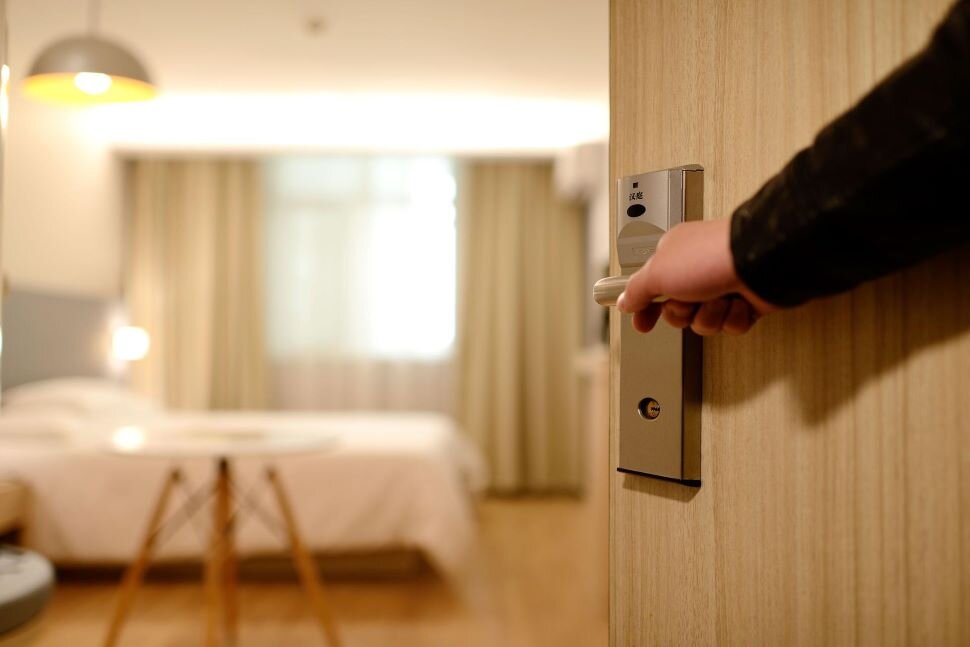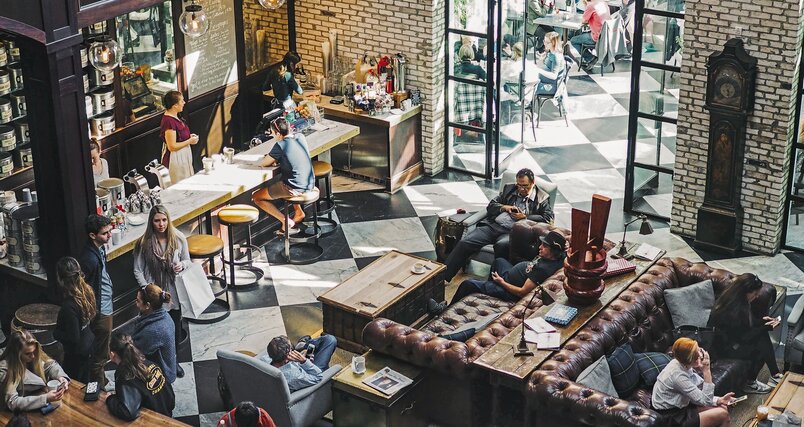Every year on April 22, the so-called "Earth Day" takes place in more than 175 countries. It is intended to encourage people to value the earth's natural resources and to rethink their individual and collective consumption behavior. Sustainability also plays a central role in the hotel industry.
Even small changes in everyday operations can help to be more considerate of the environment and promote sustainable tourism.
Sustainability in the hotel business
As a globally significant industry, the hotel business consumes a lot of resources such as energy and water every year. Thus, the hotel business has a significant impact on the environment and at the same time depends on an intact nature in the vacation destination. With environmental sustainability, a hotel's long-term impact on the local environment and the planet can be significantly minimized.
A sustainable hotel is not always associated with higher costs, resources or greater time investment. The first steps toward sustainability begin with small changes in the hotel's energy, water and waste management.
Reducing energy consumption in the hotel
Sustainable measures in equipment and transportation help reduce the hotel's energy consumption and carbon footprint. In terms of amenities, avoid minibars, kettles, coffee makers and ice dispensers in guest rooms and instead offer shared appliances on hotel floors or in the lobby. Make sure that all your technical devices are operated in energy-saving mode and that old devices are disposed of correctly.
A sustainable journey to the hotel and the use of public transport during the stay reduce the CO² emissions associated with transport. Proactively inform your guests about the possibility of traveling by public transport and offer discounts. If your hotel is somewhat remote, regular shuttles to public transportation hubs can be arranged. Promote sustainable mobility by offering hotel-owned or partner loaner bicycles and e-bikes. Other measures can include installing a charging station for e-cars and motivating your staff to switch to more sustainable means of transportation to the workplace.
Reducing water consumption in the hotel
There are a variety of steps you can take to reduce water consumption in your hotel. Check older plumbing fixtures as they often have very high water consumption. Install saver inserts on showerheads and faucets and reduce water pressure in showers. Dripping faucets or running flushes should always be repaired immediately. Water consumption can also be optimized in the laundry and kitchen by carrying out regular checks. It is recommended to use rainwater for watering park areas.
Informing your guests about such water-saving measures can motivate them to participate in saving water. Draw attention to reuse of towels and install shower timers in guest rooms. Likewise, do not forget to raise your staff's awareness of water consumption in employee training sessions. This way, significant savings can be achieved.
Also, offer natural, biodegradable personal care products with recyclable packaging or in refillable dispensers. Let your guests know that daily room cleaning is optional and can be done less frequently if desired.
Trash and food waste in the hotel
Reducing trash and food waste and promoting waste separation are further steps towards a more sustainable hotel. Do away with single-use plastic packaging at the breakfast buffet, at the hotel bar and in the rooms and opt for sustainable, recyclable packaging materials. Instead of plastic water bottles in the guest rooms, it is worthwhile to provide energy-saving water dispensers in the corridors and other public areas or to fill water in reusable glass bottles. Place waste separation systems next to elevators and in other frequently visited locations to make it easier for your guests to recycle.
Thanks to digitization, you can also significantly reduce your paper consumption. You can easily send important documents such as invoices or receipts to your guests via e-mail. Instead of printed information material in the guest rooms, all information can be provided digitally via TV, WLAN guest network, app or website. Access to menu cards or staff manuals can also be digitized using a scannable QR code.
To combat food waste in the hotel, it is important to analyze daily food discards and make employees aware of them. Often, food waste can already be significantly reduced by being more mindful with food. Additionally, check the serving sizes offered and see if there are any dishes that are never completely finished. You can then decide whether to reduce the servings or give your guests a choice of different serving sizes. You can donate leftover food or meals to social institutions or communities, or offer them on platforms like Too Good To Go to keep them from being thrown away.











